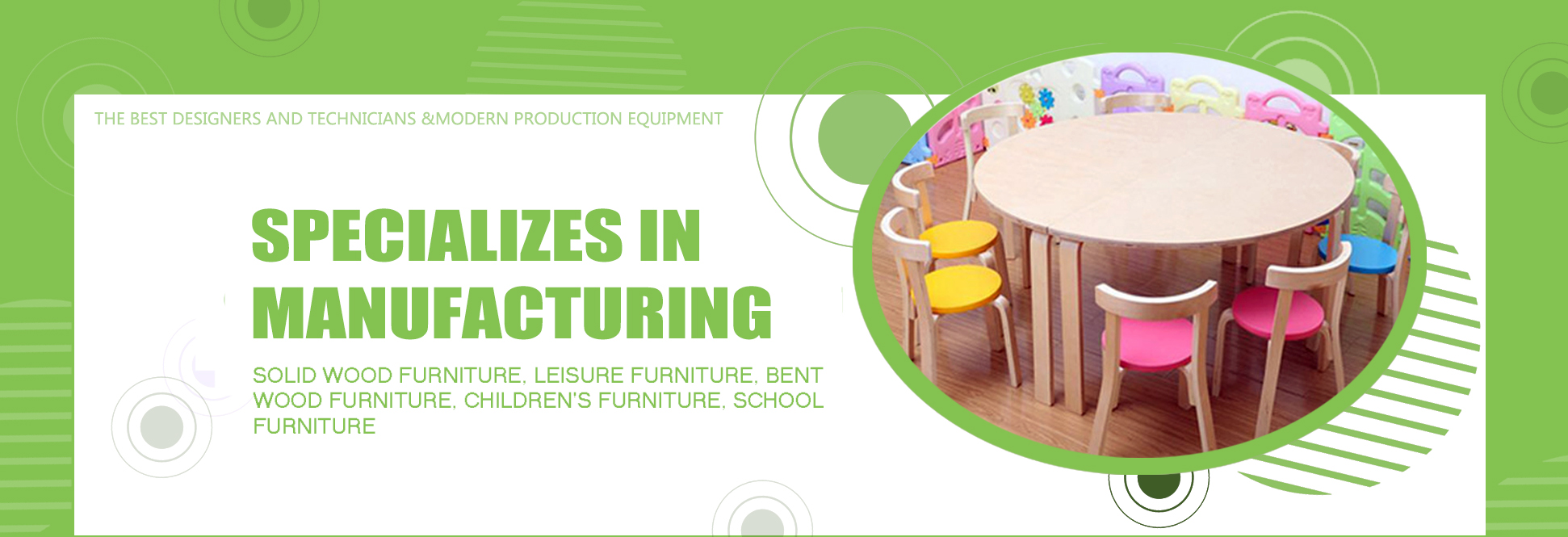1. The future of automation is intelligent manufacturing, but the road is not smooth.
There is still a long way to go from automation to intelligence. Generally speaking, automatic equipment is the execution of existing set actions, and does not have the functions of data collection, analysis and processing.
Furniture intelligent manufacturing is characterized by its combination with industrial software, which can make independent decisions by analyzing data. This requires the cooperation between upstream and downstream manufacturers of the entire industrial chain, which is a very complex system engineering.
On the other hand, intelligent manufacturing also includes the intellectualization of the equipment and the production line itself, which monitors the running state of the machine through the data collection of the equipment itself, predicts the possible problems and solves them in advance, or realizes the remote self repair of the equipment.
In fact, the furniture industry still faces many obstacles in realizing intelligent manufacturing.
First, the design specifications and standards of most products are not unified, including intelligent manufacturing, which is difficult to achieve; In addition, the dispersion and scale of the furniture industry are generally small, enterprises lack ideas, talents, funds and other aspects, and enterprises have high expectations for investment returns, which requires a long adaptation process.
, the research and development of intelligent devices needs to combine the characteristics and needs of different enterprises, understand the production process characteristics and technical direction of enterprises, and need long-term close communication and cooperation, which puts forward higher requirements for enterprises. In short, intelligent manufacturing has a long way to go for furniture manufacturing.
2. For automation and intelligent equipment, enterprises should avoid detours.
Obviously, automation and intelligent manufacturing can improve production efficiency. However, due to the lack of preparation or comprehensive understanding of intelligent manufacturing, enterprises have taken many detours in the process of upgrading automation or intelligent manufacturing, and there are some misunderstandings and waste.
Yu Dingshan, general manager of mengteng intelligent equipment, said that furniture enterprises are easy to go to two extremes in equipment investment: one is to invest a lot of money to buy imported equipment and complete it in one stop. Therefore, advanced equipment often becomes the "decoration" of enterprise brand image, and the production capacity is not fully utilized. At the other extreme, it is too cost-effective to buy some low-end equipment, resulting in the problem that "the use cost is far greater than the purchase cost of equipment".
In addition, the investment in automated production lines is huge. In many cases, enterprises only need to use 80% of the functions of a production line, but they have to pay for the remaining 20% of the functions.




 咨询热线
咨询热线